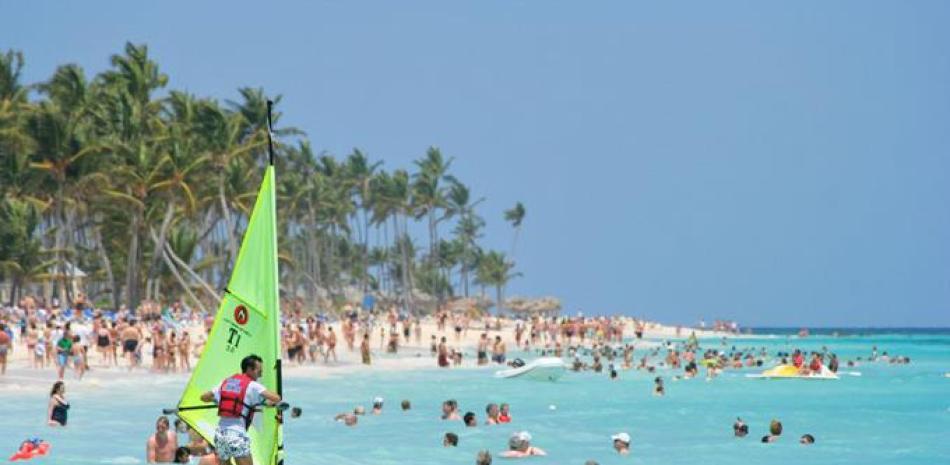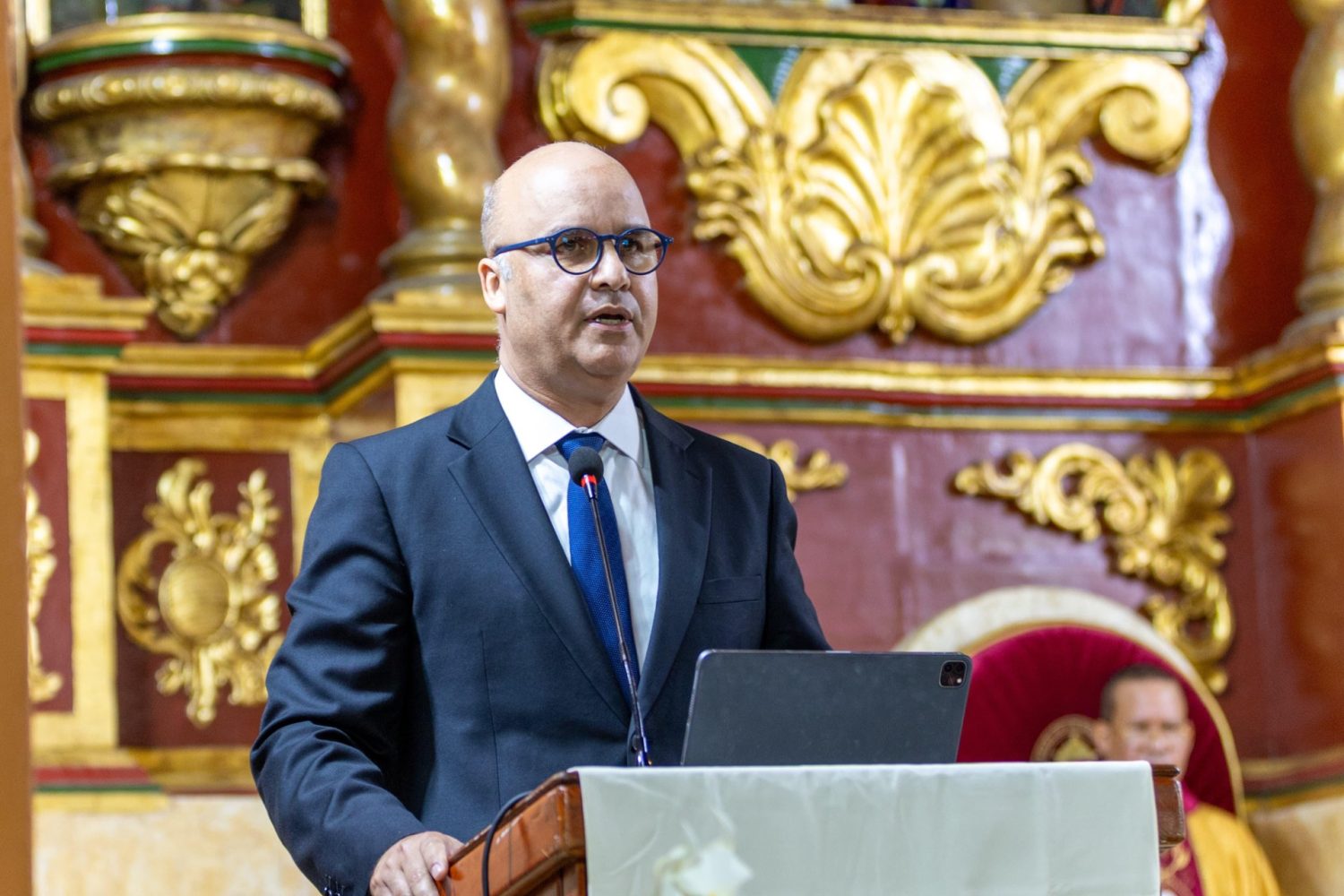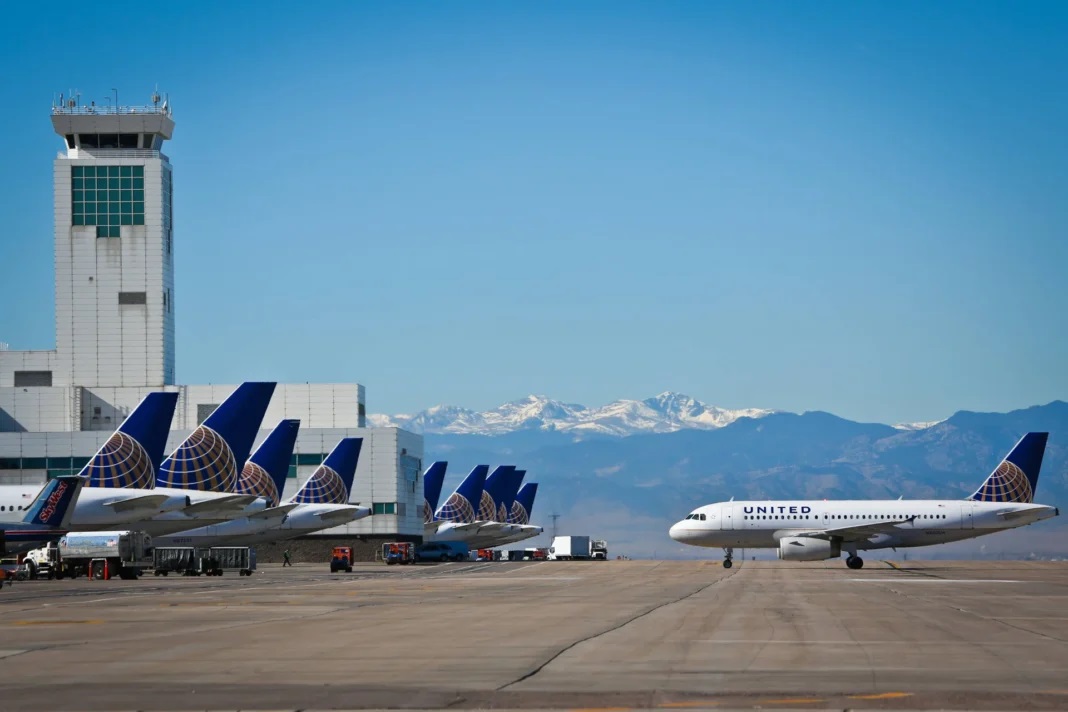Asonahores: “Out of every 100 pesos that enter the treasury, tourism contributes 10”

Santo Domingo – Tourism currently represents 19% of the Dominican Republic’s gross domestic product (GDP), sustained by the sector’s investment and economic contribution. According to Central Bank (CB) data, Dominican beaches have attracted US$8,732.3 million in foreign direct investment (FDI) and US$72,254.5 million in income in the last decade alone.
For this reason, the vice president of the Association of Hotels and Tourism (Asonahores), Aguie Lendor, emphasized that “of every RD$100 in fiscal income, RD$10 comes from tourism.”
With eventual tax reform and its impact on the sector if tourism incentives were “touched,” the tourism association suggested that the Government should ask itself what additional measures are necessary to increase the referred income: “What do I have to do to make it RD$20? What do I have to do to make it RD$30?
Lendor said that while it is true that tourists’ tastes and preferences are changing, from what they are looking for in a destination to the modality of lodging, he denied the idea that the beach tourism model is exhausted.
He explained that the Dominican Republic has experienced remarkable growth in beach tourism and emerging sectors such as ecotourism, cultural tourism, religious tourism, and sports tourism.
“We compete with destinations like Costa Rica, Puerto Rico, Jamaica, and Cancun, and we still have a lot of potential for growth,” she said.
In addition, the director reflected that “the question is not what do I take away from [tourism], but what else do I give it so that it can take hold,” to which she pointed out the need for additional incentives to promote the development of ecotourism and other sectors.
“A sector that contributes so much to the economy and employment deserves to be boosted,” he said.
Private hotel infrastructure is also crucial, with significant investments that benefit the overall economy.
He commented that tax exemptions are currently granted for 15 years, with a possible modification in 10 years. However, he stressed that tourist demand has evolved significantly, according to elDinero.
“Before, in the 1980s, a hotel could remain unchanged for 15 years and guests were satisfied. Today, tourists demand modern facilities and advanced services,” he explained.
He mentioned that, nowadays, tourists expect to find renovated bathrooms, modern air conditioning, and the possibility of online hotel reservations.
“Today, the 10- to 15-year modification terms need to be reviewed because today’s tourist demands require more for the hotel to remain competitive,” he explained.
Lendor explained why sectors that generate substantial revenues, such as tourism, continue to be incentivized, pointing out that regional competitiveness is essential.
He compared the situation to a party: “If there are 100 people more attractive than you, your chances diminish. The same thing happens with tourist destinations. The tourist has multiple options, and we compete with countries like Jamaica, Puerto Rico, Cancun and other destinations in the Caribbean.”





